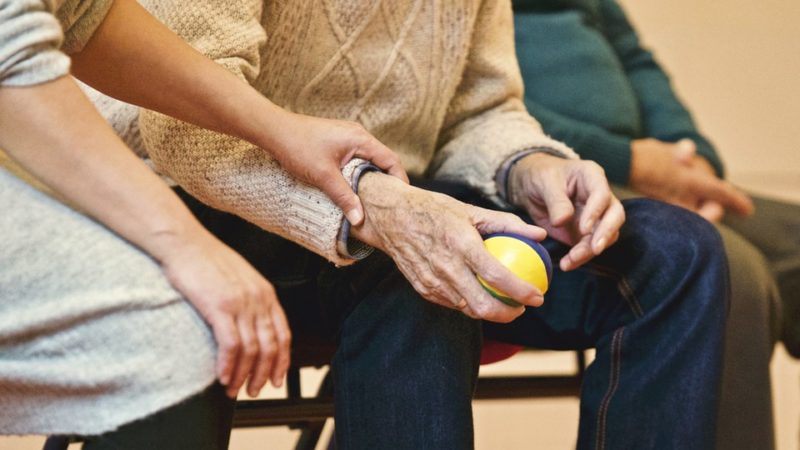There's no going back: low paid workers must be recognised as 'key workers' for good, writes Dr Gill Cookson.

What exactly is ‘skilled’ work? Two significant events, in two short months, bring this question to political centre stage.
In mid-February, Priti Patel launched point-based immigration rules for the post-Brexit era. While vague, these proposals equate higher education and high skill with high pay. Only weeks later, the Covid-19 emergency effectively torpedoed any such notions. The country is now confronting some realities about skill, and what it means. We are re-assessing the value of many unglamorous (and sometimes dangerous) jobs, ones that keep us alive and safe.
Patel’s document is a fudge. It confuses ‘skilled’ with ‘shortage’ occupations, though these are not the same thing. The new rules also suggest a close relationship between ‘skilled’ and ‘well paid’. Any care worker – indeed, almost anyone who ever worked in any organization – will know how mistaken that is. Income level is not an objective measure of skill.
It was the care sector which first responded to the migration proposals. Businesses, professionals and unions united in predicting disaster ahead, and with a severe knock-on to the NHS. How quickly they were proved correct.
Skill has been politicised for as long as separate occupations have existed. Patel’s post-Brexit immigration rules are just the latest example. It takes little imagination to see the thinking which shaped the Home Office rules, and the likely outcomes.
The policy refers to defined qualification levels. It matches certain educational levels to ‘skilled’ status – which in fact may be far from the case. Low-paid migrant workers whose practical abilities outstrip their paper qualifications may have great difficulty producing acceptable evidence of their competence.
And this should sound alarm bells. When ‘skill’ comes to mean whatever politicians and employers want it to – here, to mould immigration policy – unequal life opportunities are further entrenched. Market forces (notionally at least) reward high levels of training and experience. The reality, of course, is that those forces don’t work their magic across the board. It is usually women, young people, and strangers to a community, who are the losers.
One result of the Equal Pay Act of 1970 was that rigorous systems developed, weighing the practical skills and specialist knowledge required in different roles. Job evaluation has been pivotal in tribunal cases where direct comparisons were difficult, when, for example, one type of work was wholly done by women. Well-known examples are that of Birmingham city council, where work seen as ‘female’ was paid a small fraction of the ‘male’ equivalent; and more recently, when female presenters took action against the BBC.
Adding to the technical importance of mapping skill levels, the Covid-19 crisis is now suggesting another layer. The pandemic is reminding us of work’s other dimensions. When the nation applauds key workers, it is recognising the objective social worth of what they do. They save our lives, harvest and deliver food, clean up after us, care for the vulnerable. We judge these jobs not by income levels, but by the value of the service they offer the whole of society.
The crisis is bringing with it a feeling of ‘Never Again’. Underpaid jobs with no security, children hungry, the horror of Universal Credit, rough sleeping: if the public has been in denial about the way many others are forced to live, eyes are now being opened. We discover that a great deal is affordable if only the political will is there. Once the emergency recedes, the left has to remind communities of what has been learned, and campaign for an end to these scandals.
It’s a chance too to take a fresh look at what work means. Re-appraising jobs in terms of intrinsic social value, on top of the skills and training involved, could be revolutionary. Challenging the Conservative message – “This work is low paid, therefore can’t be skilled” – could bring a U-turn on Patel’s immigration policy.
Investing in vocational training is key to the country’s economic recovery. Our collective skills, including the human ones, are central to our infrastructure. Covid-19 has made us see that at last.
Dr Gill Cookson is an economic historian who writes about the industrial revolution in northern England, 1750-1850. She is Chair of Scarborough and Whitby CLP.
To reach hundreds of thousands of new readers we need to grow our donor base substantially.
That's why in 2024, we are seeking to generate 150 additional regular donors to support Left Foot Forward's work.
We still need another 117 people to donate to hit the target. You can help. Donate today.



